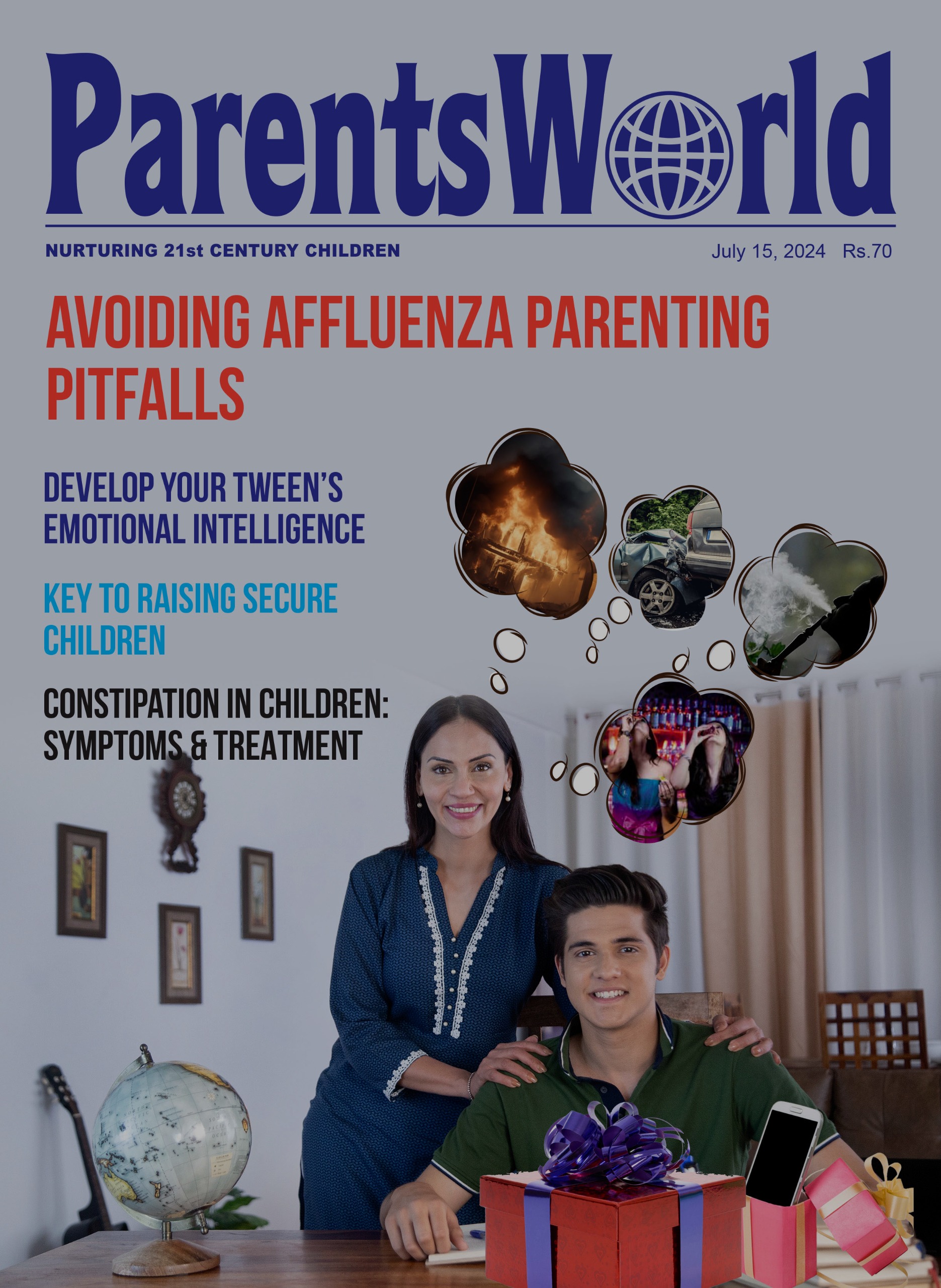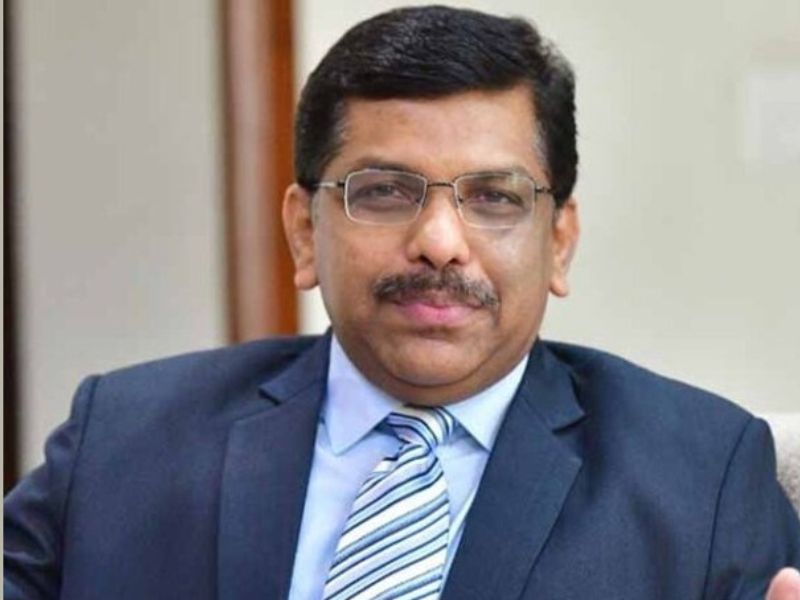BRAZILIAN ACADEMICS HOPE THAT THE country’s upcoming final round of the presidential election on October 30 will bring an end to President Jair Bolsonaro’s “war on science”. But most admit that, even if the populist leader loses, his influence will be slow to fade.
All polls ahead of the first round of voting on October 2 indicated that the divisive politician, who has led Brazil since 2019, was likely to lose to rival Luiz Inacio Lula da Silva, the leftist former president — known as Lula — staging a comeback after corruption charges against him were dropped.
Bolsonaro has indicated that he might contest the result, and there were fears he might try to stage a coup, but scientists who have been subjected to savage funding cuts and a campaign of intimidation are quietly hopeful that things are about to change. “This is a very important moment in Brazil, one of the most important elections we have had in years,” says Luiz Davidovich, a former president of the Brazilian Academy of Sciences. “Brazil has all the conditions to become a very powerful economic country, and we need a government that pays full attention to science, technology and innovation as the main instruments for developing this, and one that is committed to developing education at all levels.”
Bolsonaro has overseen a reduction in funding for Brazil’s federal universities to levels not seen since 2005, with the ministry of science, technology and innovation’s budget cut by more than 50 percent since 2013.
Prof. Davidovich, emeritus professor of physics at the Federal University of Rio de Janeiro, says the cuts have left universities in a “very bad situation,” struggling to pay for basic services such as electricity, water and the internet. “Some of them are now negotiating with utility companies to delay payments because they don’t have the money but don’t want the university to be closed. It is a very tragic situation,” he adds.
Bolsonaro’s scepticism for science — shown most clearly by his response to the Covid-19 pandemic — has also served to undermine the scientific community in the eyes of the public, and Prof. Davidovich says he knows scientists subjected to death threats and having to hire security guards. “It has been a war against science. We have faced some very severe situations in Brazil, and I hope this is a lesson for others,” says Davidovich.
Marcelo Knobel, professor of physics and former rector at the University of Campinas, says that constant attacks on universities as “nests of communists”, where lots of money is spent with no societal benefit, has left a lasting impression on Bolsonaro’s supporters that will be hard to overturn.
Lula, a trade unionist who himself has little formal education, oversaw several initiatives to improve quality and access to Brazilian higher education during his last stint as president. But he faces a markedly different economic environment this time around if he does win the election.
“He was lucky as at that time the economy was booming. He had an environment where he could implement his ideas,” says Knobel. “Now, the country is bankrupt. It is in crisis after crisis and is very divided between two forces. It will be a very complicated period,” he warns.
























